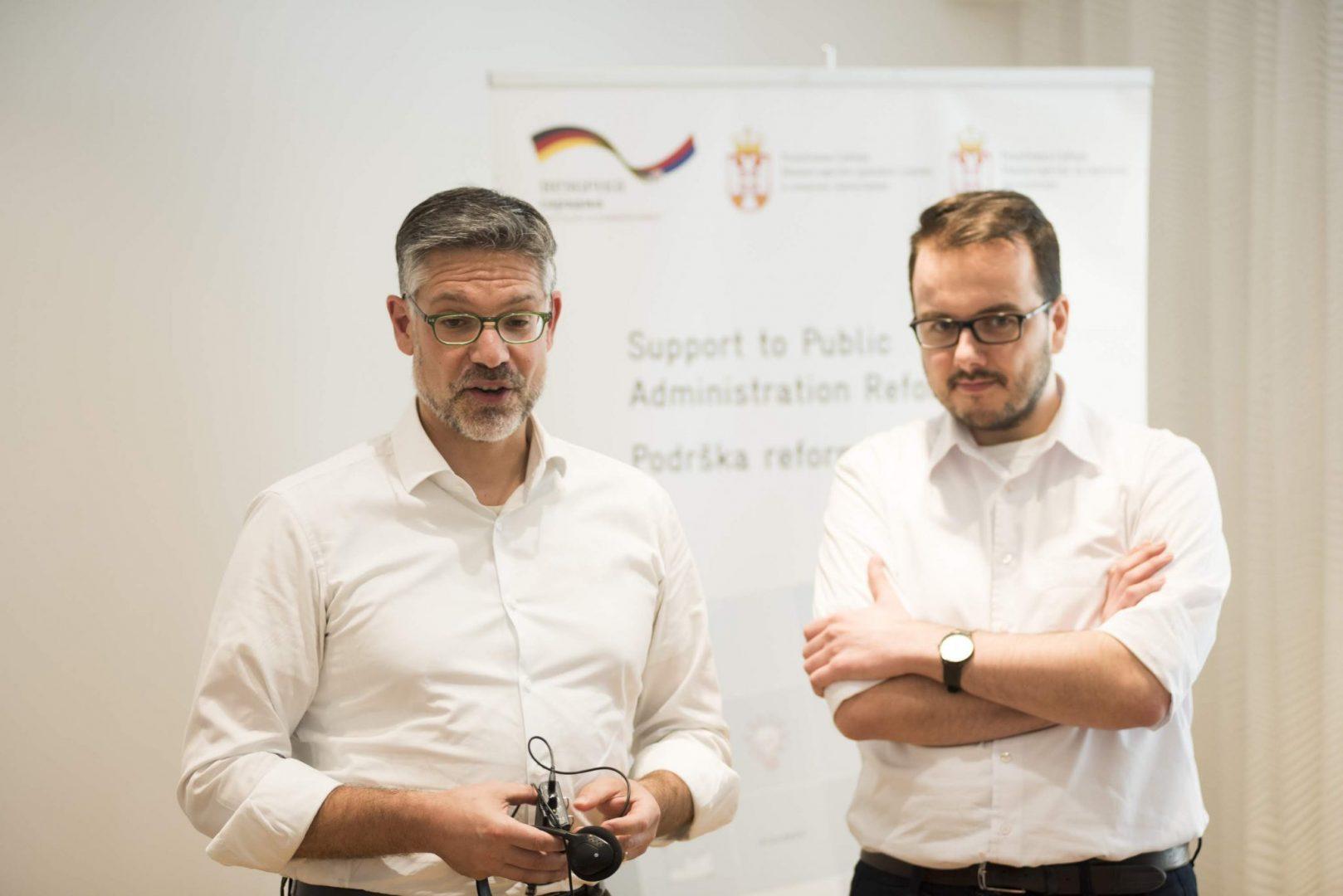Public policies are made in various areas: from building kindergartens, over income taxation, to treatment of waste water. They are usually long-term decisions and require large funding. This is why it is important to think in advance, what effects these decisions might have on an individual and society at large. In doing urban planning, for example, the state will estimate how many children will a town have in 10 years’ time. When deciding about the income tax increase, authorities might analyze, if this increase discourages companies to employ? And before a facility for waste water treatment is purchased, the state will consider: will this purchase be funded by higher utility bills or will the state take out a loan, or a third option?

The Law on Planning System helps us to answer these questions. It took effect in October 2018 and established a consistent planning system for a whole country. For example, the law regulates how to plan development of a certain area, how to set priorities in public administration and explains ways of assessing impact of policies. The last topic was extensively covered by the Public Policy Secretariat and representatives in charge for planning from different ministries.
Policy impact assessment – workshops
From July 2018 to July 2019, supported by the German Serbian development cooperation project Support to Public Administration Reform, 6 workshops were held. Each workshop dealt with a particular step in policy impact assessment: starting with problem definition and public participation, over identification of options and methodologies of impact assessment, to estimation of costs and evaluation of results. An interesting part was drafting of pilot assessments related to energy efficiency, cleaner production initiative and related topics. They will serve as a model for upcoming assessments, thus informing and shaping future policies for the better.



